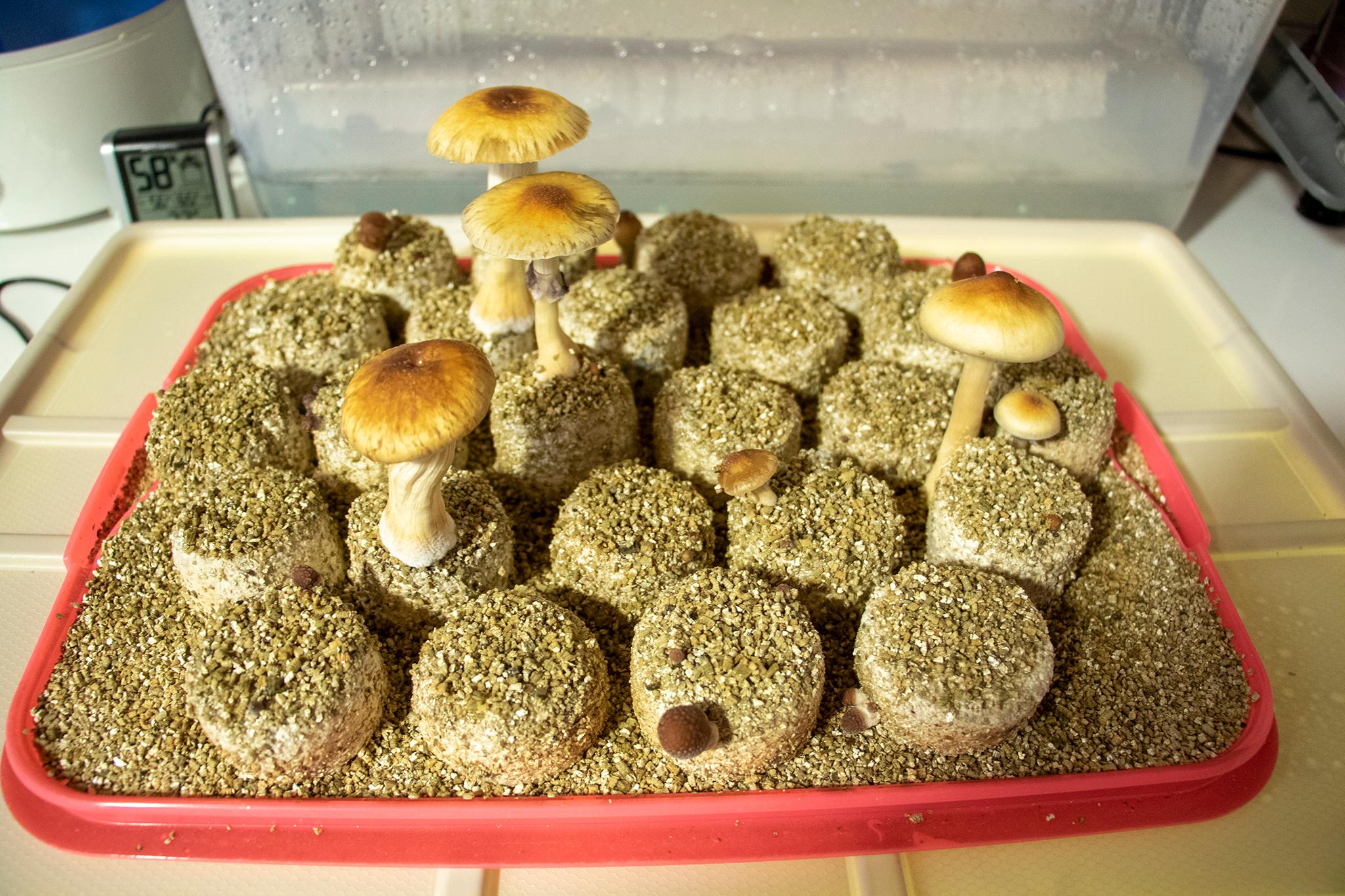Denver could welcome its first “healing centers” for psychedelic mushroom use in 2025.
As the psychedelic industry is legalized statewide, city officials are proposing local rules for how it operates.
Healing centers could take many forms, ranging from retreats to “social consumption venues” or something more like a therapist’s office, according to city officials.
With all that variety, city officials say it’s important for Denver to set some rules and regulations.
“Requiring a local license gives us greater oversight over these businesses and helps us mitigate risks to the community and mitigate impacts to the community,” said Abbey Soisson with the Department of Excise and Licenses.
The proposed city rules would come on top of regulations set by the state. The Denver City Council is set to consider the proposal early next year.
Here’s what’s in Denver’s proposed psilocybin rules:
- Healing centers would have to be at least 1,000 feet away from schools and child care facilities.
- There would not be a limit on hours of operation.
- The city would not allow outdoor guided trips, also known as “administration sessions”
- Local license fees could range from $200 to $500 yearly, but that hasn’t been finalized.
- “Clinical facilitators” would not have to get those local licenses. That includes people with an existing medical or mental health license.
- Businesses could advertise their services, but not the sale of psilocybin, and they could not advertise outside.
The proposed city rules largely align with the standards established by the state, but they’re more restrictive on topics like outdoor use.
Healing centers are the only psilocybin businesses that would have to get a local Denver license. People who are growing, packaging and testing psilocybin products will just go through state authorities instead.
The new state law does not allow for the retail sale of psilocybin. Instead, customers will pay to use it in a supervised environment. But a grey-market industry has already sprung up, with practitioners giving away the product and selling trip-related services from their homes.
Threading the needle for psilocybin laws
Cities can make certain decisions about the psilocybin industry, but they can’t outlaw it completely, according to the new state law
“We can enact an ordinance, regulations, governing time, place and manner about the operation of natural medicine licenses. But where we are limited with our authority is that we cannot prohibit the establishment or operation of natural medicine licenses. We can't prohibit the transportation of natural medicine through Denver by licensed persons,” Soisson said.
Erica Rogers, also of the excise and licensing department, said the city wanted to be careful with how it enforced the psilocybin laws.
“We acknowledge that the impacts of criminal enforcement of drug laws has historically had negative impacts on marginalized and specific communities, and so we want to be intentional about how we address risks related to natural medicine in our community,” she said.
The proposal is expected to go to the Denver City Council for approval by February, and license applications will be accepted soon after.
Reaction from the psychedelics industry was mixed
Industry members praised the proposal in a recent meeting, but some were concerned about the limits on where healing centers can operate and how they can advertise.
“There are already pretty strict rules around what's allowable from an advertising perspective at the state level,” said Michael Briggs, president of Spiritus Oregon, the “first legal psilocybin edible company.”
Nico Skievaski is the co-founder of Althea, a Boulder-based service provider in the industry. He said a Denver-specific license could harm the industry.
“State rules already require healing centers to follow strict processes that greatly restrict how these medicines are administered, and therefore the types of healing center businesses that are possible,” he said.
Advocates questioned whether they could be loosened — for example, by removing child care centers from the list of facilities with a required buffer.
Others asked for outdoor trips to be allowed, but Councilman Chris Hinds said that might not be wise.
“There might not be any safety concerns. There may be some political or neighbor concerns with outdoor event,” he said. “I can imagine that someone will do some healing in Cheesman Park, and the neighbors will go crazy and, and so then we'll have some political pushback, and I just want to set this up for success in the city of Denver.”
Other Colorado cities are taking more aggressive stances against psilocybin. Colorado Springs now requires healing centers to be a mile away from schools, daycares and drug treatment centers — making it difficult if not impossible to operate in the city.












